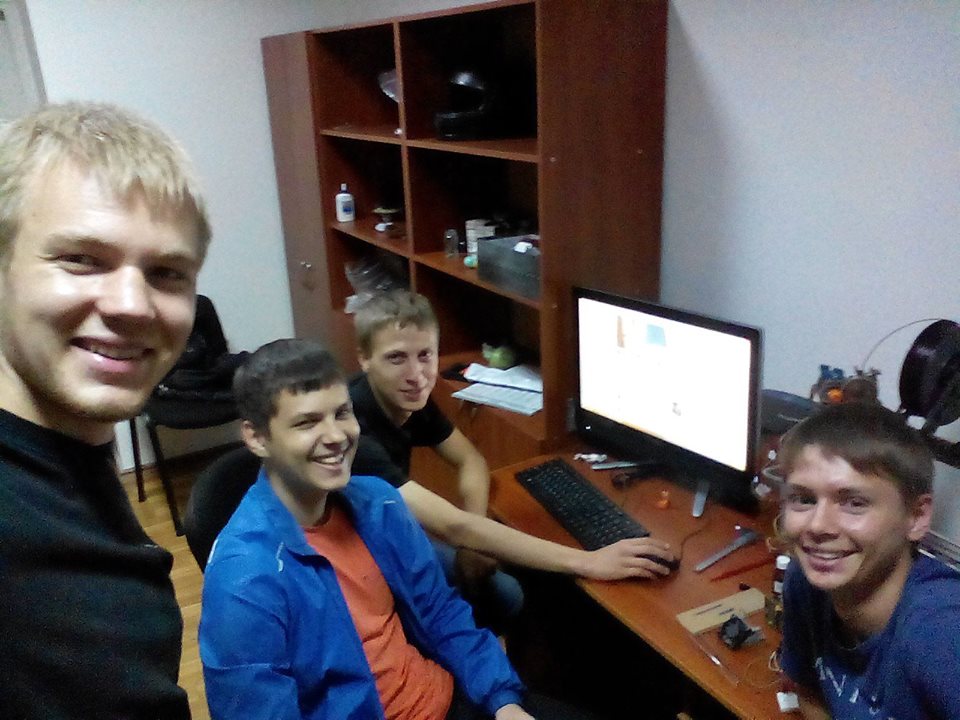
Business planning of startup projects
Based on case studies and conferences (discussions), the course explores the following issues of functional planning in start-up companies: the sequence of the business planning process, the development of plans: marketing, production, organizational, and financing strategy.

Entrepreneurship
- Production Management. When and how should formal production process management be introduced in the early stages of a startup (project prioritization and tracking systems; strategic planning);
- Engineering. How to mitigate risks in startups related to custom software development? What compromises exist in software development, and when does each make sense?
- Sales. When should a startup make its first sales? How to respond to the needs of business clients to adapt the product to individual consumer needs?
- Marketing. How to optimize the use of different customer acquisition methods? What perspectives are relevant in pricing for radically new innovation?
- Business Development. How to protect the interests of the startup in the eyes of powerful partners during asymmetric negotiations?

Leadership and team management in a Startup
The course is aimed at developing competencies in leadership strategies to ensure the effectiveness of organizations in the dynamic conditions of modern society. The course is based on the innovative principles of Eco-Humanistic Self-Development Technology (EHTSD), which integrates theoretical and practical learning in the form of interactive lectures that reflect the learning process in the course of life itself.

Innovation management
Familiarize yourself with a comprehensive overview of types of innovation, innovation processes and resources for innovative ideas. Identify, analyze and critically evaluate the characteristics of success criteria for innovative proposals. Coordinate the implementation of new proposals within business and corporate scenarios. Manage resources to achieve innovative results. Understand innovation as a basic business process and how innovation can be managed. Distinguish between some key characteristics of successful innovations and successful innovators. Understand the opportunities and challenges of innovation. Identify and develop innovative business and corporate opportunities.

The Law on Intellectual Property
The course ensures:
- Knowledge and understanding of the basic elements of intellectual property law, legal relationships between concepts, values, principles, and rules regarding intellectual property;
- Knowledge and understanding of a broader legal framework of intellectual property in different countries;
- Understanding the role of industrial property objects in the successful promotion of a product in the market;
- Acquisition of skills in the legal protection of trademarks, protection within the framework of general law, and registration stages;
- Understanding theoretical knowledge of key provisions of copyright, patents, and the use of digital signatures in legal disputes;
- Skills in obtaining, analyzing, and conveying legal information and issues.

Bulletin of Sumy State University. Economics.

